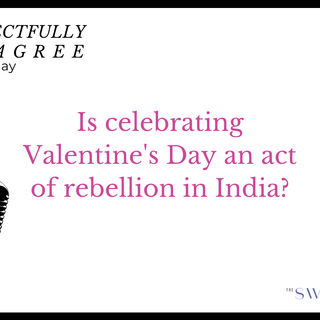Everyone’s heard of that ridiculous adage: the best sort of friends are those who roast each other all the time. It is also an adage I hate deeply because I want my friends to always love me and tell me I’m the best. But, there might be more truth to this saying than I’m grudgingly willing to admit — psychologists believe friends who hit each other with frequent, good-natured roasts might have stronger friendships after all.
However, this isn’t the sort of roasting one would see on a Comedy Central special, in which celebrities are hit with a bunch of aggressive zingers in order to test their tolerance/ability to be a sport. Nor is this the sort of roasting one would see in some of Reddit’s many roasting forums — where individuals upload photos of themselves and ask to be roasted for their physical appearance. What matters is to draw a clear line between what counts as banter and what counts as plain bullying
Psychologists like to call this the difference between anti-social and pro-social teasing. The latter is what forms healthy bonds between friends and keeps relationships stronger, as it is done with a lack of malice and with positive intentions at heart.
Related on The Swaddle:
Why Are We Still Forwarding Sexist Spouse Jokes?
According to family/parenting beat reporter and author KJ Dell’Antonia, pro-social teasing among young friends is known to reveal affiliations and help friends become closer. When our friends tease us, they demonstrate they know us quite well — strengths and weaknesses in tow. Just like playful verbal sparring builds tension in romantic relationships, roasting builds trust and affection in close friendships, while testing each others’ limits and boundaries.
If one has flaws, one would rather a close friend point out those flaws in a light-hearted manner out of love, than a stranger who doesn’t care at all. According to Peter Gray, Ph.D., a professor of psychology at Boston College, pro-social teasing acts as a form of social control — deflating egos and encouraging humility, both of which are positive actions in the long run, even if the roast might sting. Pro-social teasing, in a way, is our friends keeping us in check rather than letting us throw ourselves to the wolves.
While anti-social teasing serves to make individuals feel terrible about themselves, pro-social teasing helps encourage people to change and introspect while feeling loved. Considering all this, I suppose a few sick burns are worthwhile, after all.




